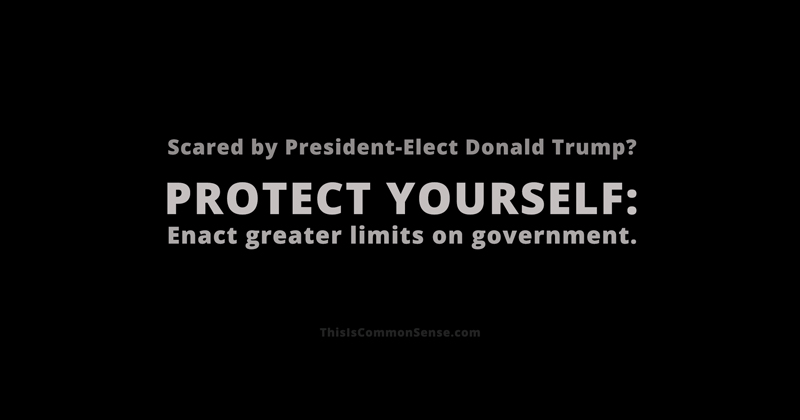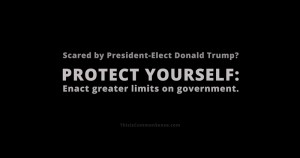Here is something I don’t quite understand about us moderns — we, oh-so-sophisticated citizens of the world; we who say that government is instituted to help us . . . but often we expect almost no real help when it comes to even the basics.
Take this very “virtual” venue: the Internet; “the Web.”
This wasn’t a thing in the first decade of my adult life. I never expected to spend so much time “on” something that did not, then, exist in any meaningful way.
Well, computers opened up brave new worlds for us, but, did you notice? Bad guys were right there from the beginning, making “viruses” and “spyware” and “malware” of all kinds. Destroying billions of dollars of data and equipment, robbing us of the most important thing of all: time.
And what did the United States government do?
Nothing, or next to it.
Belatedly, and haphazardly, it scraped together a digital defense for its own infrastructure, and began to cook up ways to surveil us all.
But did it offer to help? What programs did it provide the public, or the states, to assist us with bad guys trying to steal our savings, credit, and virtual identities?
I haven’t seen anything. And our local governments have stood around useless, too.
Yet I haven’t heard anyone complain.
Our security has been up to us. Long ago, John McAfee invented the first anti-virus software, and an industry grew up from his kernel — and that industry is where we turn to for help.
Government has mostly just stood by — in the sole area of the computer industry that it could plausibly have warrant to “interfere.”
This is Common Sense. I’m Paul Jacob.
Questions Answered:
Does government fulfill its main function consistently?
Who do Americans turn to for effective security?
If government doesn’t even bother doing its main job, why give it more jobs?






